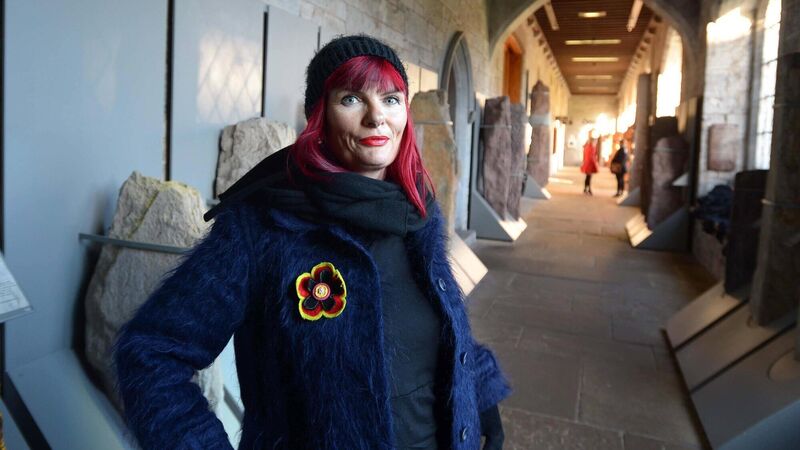Suzanne Harrington: Current UK media transphobia echoes homophobia of the eighties

Suzanne Harrington. Picture: Denis Scannell
Quick question. If you saw two groups of people having a massive row in the street, shouting and hurling insults and threats at each other, would you rush over to join in? Or would you cross the street?
Given the state of the trans conversation, I’d be the latter – hiding behind a parked car across the street, peeking through my fingers. I say ‘conversation’. I mean two polarised ideologies screaming at each other on Twitter. Even as a trans ally who wishes acceptance, inclusion and equality for all, all one has to do is express an opinion – any opinion – for things to kick off.









